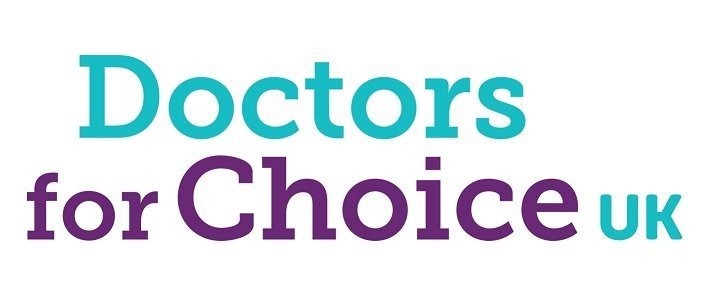Curriculum champions
Doctors for Choice UK have developed and eight-step plan for addressing barriers to comprehensive abortion education for healthcare students across the UK.
There is global evidence to show that, comprehensive undergraduate education on abortion not only inspires conscientious commitment to abortion care but also Improves access to safe abortion care and decreases morbidity and mortality related to unsafe abortion.
Studies from around the world, including from the UK show that medical students recognise the importance of being taught about abortion and value and want good quality teaching on the topic including clinical exposure.
In the UK we know teaching on abortion varies hugely across institutions and tends to focus on the legal and ethical aspects of abortion not the clinical aspects. And this is despite the fact RCOG guidance on the aims and content of undergraduate abortion teaching specify that when students qualify they need to:
Know about abortion methods, indications, contraindications and complications.
Be able to take a history related to unplanned pregnancy.
Recognise the complications of abortion and be competent to provide appropriate emergency care.
Understand the clinical relevance of the Abortion Act.
So why isn’t comprehensive teaching on abortion an established part of the core undergraduate healthcare curriculum? Research done in the US and in the UK have identified four main barriers:
Lack of curriculum time.
Minimal clinical learning opportunities.
The perception of abortion as a ‘sensitive’ topic.
Lack of teachers with the relevant expertise, and the will and the time to teach.
Doctors for Choice UK have designed an eight-step plan for addressing the barriers to comprehensive abortion education for healthcare students at UK universities. In addition, we have practical resources, including lesson plans and teaching sessions, for reference here. A summary document, which can be used to advocate for additional curriculum time, can be found here.
If you’re interested in more information on becoming a curriculum champion and how Doctors for Choice can support you, please email doctorsforchoiceuk@gmail.com.
You can also register your interest using the following form: https://forms.gle/Npdtnd1nSmRjiMvu7
ONE
STEP ONE is to identify one or more healthcare providers with relevant clinical and teaching expertise and the desire to improve teaching at their local institution. Ideally they would work with some enthusiastic pro-choice students who also recognise the importance of being taught about abortion and want to help make improvements. The staff champion could also be a pro-choice lecturer with knowledge of the curriculum and some influence over curriculum design and content but they would ultimately need to work with a local clinician to design and implement the vital clinical aspects of the teaching once adequate teaching time is secured.
TWO
STEP TWO involves the staff and student champions working together to find out what’s currently taught on abortion. For example, how many hours are spent on teaching, in what years, who teaches it, what the learning outcomes are, what the content is, whether learning is assessed, how much teaching is dedicated to the ethical and legal aspects of abortion and how much is clinically focussed, are there any clinical placements etc? We have drafted a survey to gather this information, which can be accessed using the button below.
THREE
STEP THREE involves finding out what students think about their teaching. This can be done informally by the student champions via student networks, possibly using the survey.
FOUR
STEP FOUR involves identifying suitable time in the curriculum for abortion teaching. Students can be really helpful here - identifying gaps or repetition in the curriculum and times when abortion teaching would work well.
FIVE
STEP FIVE is to secure adequate curriculum time for teaching by engaging curriculum leads in discussions about the importance of abortion teaching. This might include presenting findings about the institution’s current teaching, emphasising that students want comprehensive teaching on abortion, citing the RCOG guidance and, very importantly outlining a solution.
SIX
STEP SIX is producing effective learning materials. Clear, well-structured lesson plans and learning outcomes with engaging, inclusive content is important for the success and sustainability of the teaching. There’s no point in reinventing the wheel, there are excellent open access educational resources that can be adapted from, Doctors for Choice UK and very soon from the RCOG’s Making Abortion Safe programme and from US based Innovating Education.
SEVEN
STEP SEVEN involves the staff champion leading the delivery of the new teaching sessions. Over time, they can involve a range of colleagues (including junior clinicians), which is important for sustainability of the teaching. Encouraging those new to abortion teaching to observe experienced teachers and mentoring them until they’re confident is good practice and helps allay any fears they might have about abortion being too sensitive a topic to teach.
EIGHT
STEP EIGHT involves evaluating the teaching, either formally or informally and responding to student and facilitator feedback. This should ensure the teaching is continually improving and will help embed it into the core curriculum.
